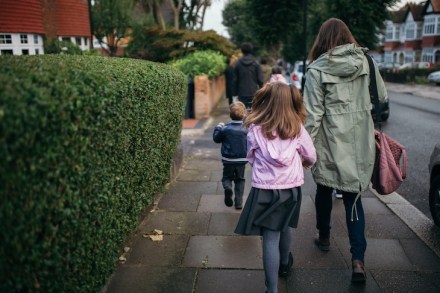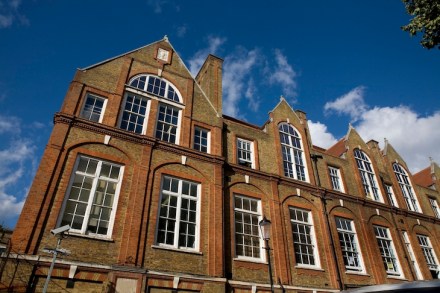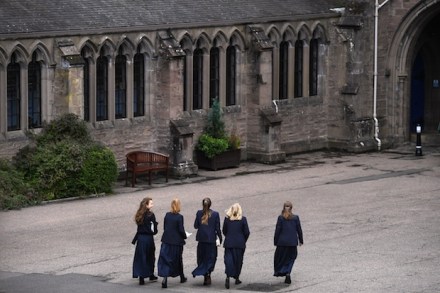Summertime blues
Every year, like clockwork it comes, the traditional concern that the younger generation don’t do summer jobs like they used to. As the school holidays approach a politician is wheeled out to write a nostalgia piece about part-time jobs, and the ‘essential skills’ these offer. Holiday and Saturday jobs, you see, are the foundations of a successful career, with their promise of resilience-building and priority-juggling. Some statistics will be cited about businesses being desperate for applicants with ‘soft skills’, and on cue, media-friendly CEOs are trotted out to support whichever wayward minister has been handed the keys to the Workshy Teenagers wagon. And so it was that in late July,




















